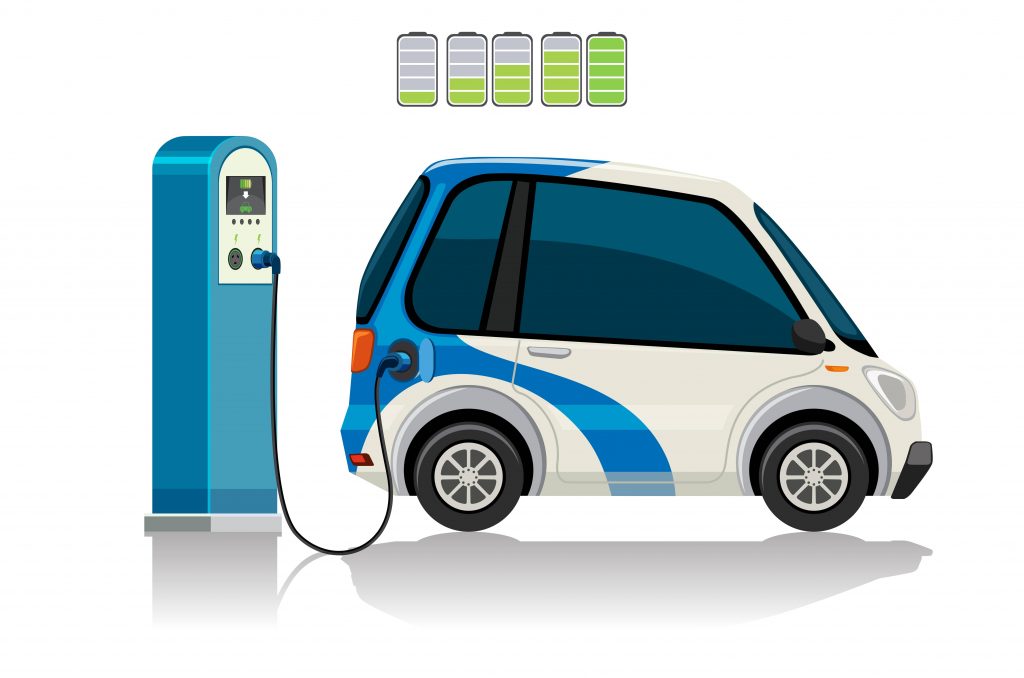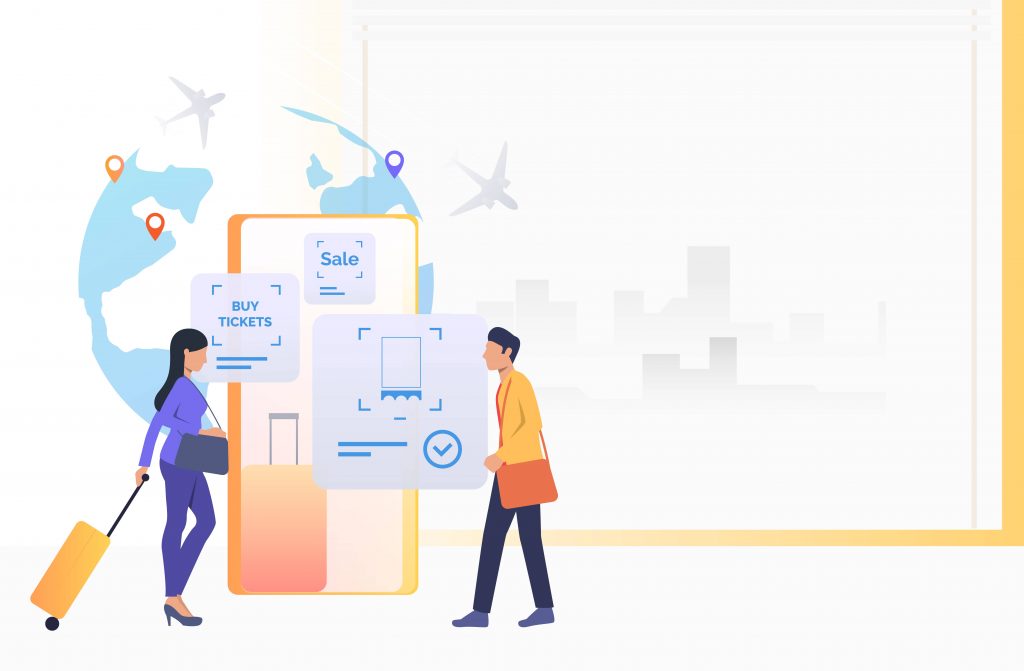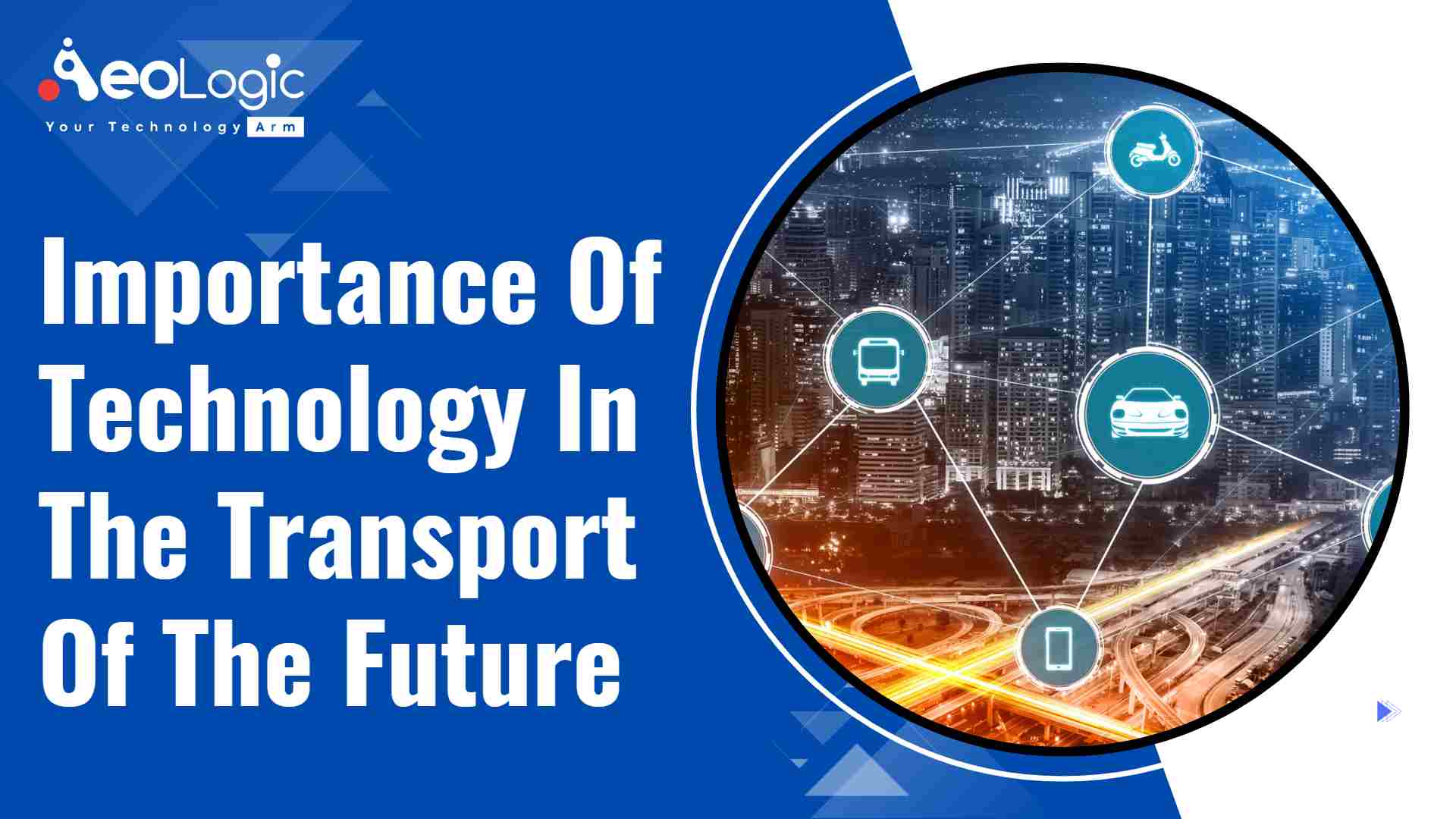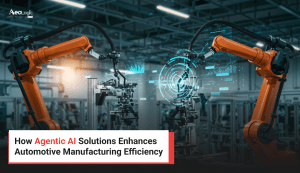Transportation has undergone a significant transformation over the past few decades, and technology has played a crucial role in this change. From self-driving cars to hyperloop trains, technology has paved the way for a more efficient and sustainable transport system. In this article, we will explore the importance of technology in the transportation of future and its potential to revolutionize the way we move around.
Advancements in Electric Vehicles
Electric vehicles (EVs) have gained significant popularity in recent years due to their eco-friendliness and lower operating costs. According to a report by the International Energy Agency, the global sales of electric cars increased by 43% in 2020, despite the challenges posed by the pandemic. This growth is expected to continue in the coming years, with EVs projected to account for 30% of all vehicle sales by 2030.
The rise of EVs is made possible by advancements in battery technology, which has led to the development of more powerful and long-lasting batteries. Companies such as Tesla, Ford, and General Motors are investing heavily in the development of EVs, and the market is expected to grow significantly in the coming years.
Impact on the Environment
One of the main benefits of EVs is their positive impact on the environment. Unlike traditional gasoline-powered vehicles, EVs produce zero emissions, which helps to reduce air pollution and greenhouse gas emissions. A study by the Union of Concerned Scientists found that driving an EV produces less emissions than driving a gasoline-powered car in all regions of the United States, even when taking into account the emissions from electricity production.
Furthermore, the increased adoption of EVs can help to reduce the reliance on fossil fuels and promote the use of renewable energy sources such as wind and solar power. This shift towards a cleaner energy system is essential in combating climate change and creating a more sustainable future.
Also Read: How Does Technology Help Reduce Less-Than-Truckload (LTL) Costs?
Importance Technology in Transportation of Future

We cannot neglect the importance of technology in transportation of future. As it plays an important role in changing the dimension of future transport. Technology allows people to reach their destination faster. From electric vehicles to self-driven cars AI and all the latest technology have played one of the most crucial roles in the future of transportation.
1. Self-Driving Cars
Self-driving cars, also known as autonomous vehicles, have been a topic of discussion for several years. These vehicles use a combination of sensors, cameras, and artificial intelligence to navigate roads without the need for human intervention. Although the technology is still in the early stages of development, several companies, including Tesla, Waymo, and Uber, are working on bringing self-driving cars to the market.
2. Safety and Efficiency
One of the main benefits of self-driving cars is their potential to improve road safety. Human error is responsible for the majority of car accidents, and autonomous vehicles have the potential to reduce the number of accidents caused by driver error. Self-driving cars can also improve traffic flow by reducing congestion and eliminating the need for parking spaces.
In addition to these benefits, self-driving cars have the potential to revolutionize the transportation industry by enabling new business models such as ride-sharing services and delivery fleets. According to a report by Intel, the autonomous vehicle market is projected to reach $7 trillion by 2050, highlighting the significant potential of this technology.
3. Hyperloop Trains
Hyperloop trains are a futuristic mode of transportation that uses magnetic levitation and low-pressure tubes to transport passengers and cargo at high speeds. The concept was first proposed by Elon Musk in 2013, and several companies, including Virgin Hyperloop, are currently working on developing the technology.
4. Speed and Efficiency
Hyperloop trains have the potential to revolutionize long-distance travel by significantly reducing travel time. These trains can travel at speeds of up to 760 miles per hour, which is faster than most commercial airplanes. The low-pressure environment inside the tube also reduces air resistance, making the system more energy-efficient than traditional trains.
According to a feasibility study conducted by Virgin Hyperloop, a hyperloop system between Mumbai and Pune in India could reduce travel time from three hours to just 25 minutes, significantly improving connectivity between these two cities.
The hyperloop technology can also have a positive impact on the environment by reducing the reliance on air travel, which is a significant source of greenhouse gas emissions.
5. Integration of Artificial Intelligence
Artificial intelligence (AI) is playing an increasingly important role in the transport industry. From self-driving cars to predictive maintenance, AI is being used to improve safety, efficiency, and sustainability in the transport sector.
6. Predictive Maintenance
One of the areas where AI is making a significant impact is in predictive maintenance. By analyzing data from sensors and other sources, AI can predict when a vehicle or infrastructure component is likely to fail and schedule maintenance before a breakdown occurs. This approach can reduce downtime and maintenance costs while improving safety and reliability.
7. Traffic Management
AI is also being used to improve traffic management. By analyzing traffic patterns and predicting future demand, AI can help to optimize traffic flow, reduce congestion, and improve safety on the roads.
Also Read: Exploring the Technology Behind Electric Vehicle Batteries
Importance of Data Analytics in Transport Industry
The transport industry is generating vast amounts of data, and the effective use of this data is crucial to improving efficiency, safety, and sustainability in the sector.
Improving Efficiency
Data analytics can be used to optimize routes, reduce fuel consumption, and improve delivery times. By analyzing data from vehicles and other sources, transport companies can identify inefficiencies and implement solutions to reduce costs and improve performance.
Improving Safety
Data analytics can also be used to improve safety in the transport sector. By analyzing data from accidents and near-misses, transport companies can identify patterns and implement solutions to reduce the risk of future incidents.
Improving Sustainability
Finally, data analytics can be used to improve sustainability in the transport sector. By analyzing data on fuel consumption and emissions, transport companies can identify opportunities to reduce their environmental impact and promote sustainability.
Also Read: Technology Driving Change in the Transport & Logistics Industry
The Role of Smart Technologies in Transportation

IoT and smart technologies have made connectivity increase greatly across the domains and one of the most significantly effected areas has been transportation. Therefore, transportation had the higher impact. They empower a car, an infrastructure, and some traffic management technologies to interact and exchange data on the go. It is not just until passengers enjoy smooth commuting, there are more functionalities like predictive maintenance, traffic management and safety measures that enable the IoT network in the airports.
Considering this, smart traffic lights that alternate the timing of traffic lights based on live traffic flow can alleviate traffic jams and idle loading. Additionally, the sensors that are implanted in roads and bridges are a great option for providing such monitoring services by sending alerts ahead of maintenance, thus, bringing down repair expenses and bringing an increase in infrastructure life.
Examples of Smart Transportation Solutions
The application of smart transportation solutions range from transportation infrastructure enhancements to the incorporation of connected and automated access through the intelligent use of Information and Communication Technologies with implications for the other sectors of the city.
Quite a few towns around the globe already has been successfully using smart transport systems with promising results. The Smart Nation of Singapore is the initiative that enables an intelligent transportation system which fuse the traffic data from commuters, vehicles and infrastructure to improve the bus routes and schedule, thus the waiting and crowding time will be shorten. The instance of Copenhagen utilizing Bluetooth sensors to obtain data from bikers and automobile users whose fines are used by helped the city planners to understand traffic paths and design cities that strongly support cycling while having the least vehicle traffic.
Smart transportation also includes a technological component that bears the name of connected vehicles. Vehicles exchange traffic information and adjust their routes, speed, and light signals automatically within a smart city. Therefore, we could consider the situation, when the connected vehicle quickly brakes because of a visible obstacle. The signal of danger immediately goes to following vehicles warning drivers to reduce speed, and they get enough time to slow down and prevent crashing into the obstacle and others.
Here some of the best example:
Copenhagen’s Bluetooth Sensor Network:
The city utilizes Bluetooth sensors to gather data on traffic and cycling routes, helping urban planners optimize road use and enhance safety measures for cyclists and pedestrians, thereby promoting sustainable transport modes.
Barcelona’s Integrated Multi-Modal Transport System:
Barcelona has implemented a smart transport system that combines bus, tram, and metro services into a single, integrated digital network. This system offers real-time updates and route optimization, significantly improving passenger experience and reducing urban congestion.
Los Angeles’ Adaptive Traffic Control System (ATSAC):
Los Angeles employs an advanced traffic management system that adjusts traffic lights based on real-time traffic flow. The system reduces traffic congestion and idling, which in turn decreases pollution and travel times across the city. (https://www.redmanpowerchair.com)
Amsterdam’s Smart Parking Solutions:
Amsterdam uses smart parking technology that guides drivers to available parking spots using real-time data. This system helps reduce traffic caused by drivers searching for parking and supports the city’s sustainability goals.
London’s Contactless Payment System on Public Transit:
London has implemented a contactless payment system across its public transportation network, allowing riders to use bank cards or mobile phones for access, speeding up boarding times and reducing queues.
Chengdu’s AI-Powered Traffic Management:
Chengdu, China, utilizes AI algorithms to analyze traffic patterns and manage traffic lights and flow. This AI system helps the city manage its rapidly growing number of vehicles and enhances overall traffic efficiency.
Conclusion
The importance of technology in transportation of future is playing a significant role. From electric vehicles to self-driving cars, hyperloop trains, and AI, technology is driving innovation and revolutionizing the way we move around. As we continue to face challenges related to climate change, urbanization, and population growth, the importance of technology in creating a sustainable and efficient transport system cannot be overstated. By embracing technology and investing in innovation, we can create a future where transport is safe, sustainable, and accessible to all.
Are you looking to implement technology into your transport business? If yes so please feel free to contact us at support@aeologic.com
Related FAQs
How is technology expected to impact the future of transportation?
Technology is set to revolutionize transportation through advancements like autonomous vehicles and smarter traffic management systems, enhancing safety and efficiency.
What role will artificial intelligence play in future transport systems?
Artificial intelligence (AI) will be crucial in optimizing routes, reducing traffic congestion, and managing logistics, thus speeding up travel times and lowering operational costs.
How could electric vehicles change the transport landscape in the coming years?
Electric vehicles (EVs) are expected to dominate the future transport market, significantly reducing greenhouse gas emissions and reliance on fossil fuels.
What technological innovations could improve public transportation systems?
Innovations such as real-time data analytics and interconnected transit networks will enhance the reliability and accessibility of public transportation, making it more appealing to users.
How will technology help in reducing the environmental impact of transportation?
Technologies like EVs, hydrogen fuel cells, and improved traffic systems will minimize the environmental footprint of transport by cutting down emissions and optimizing energy use.









